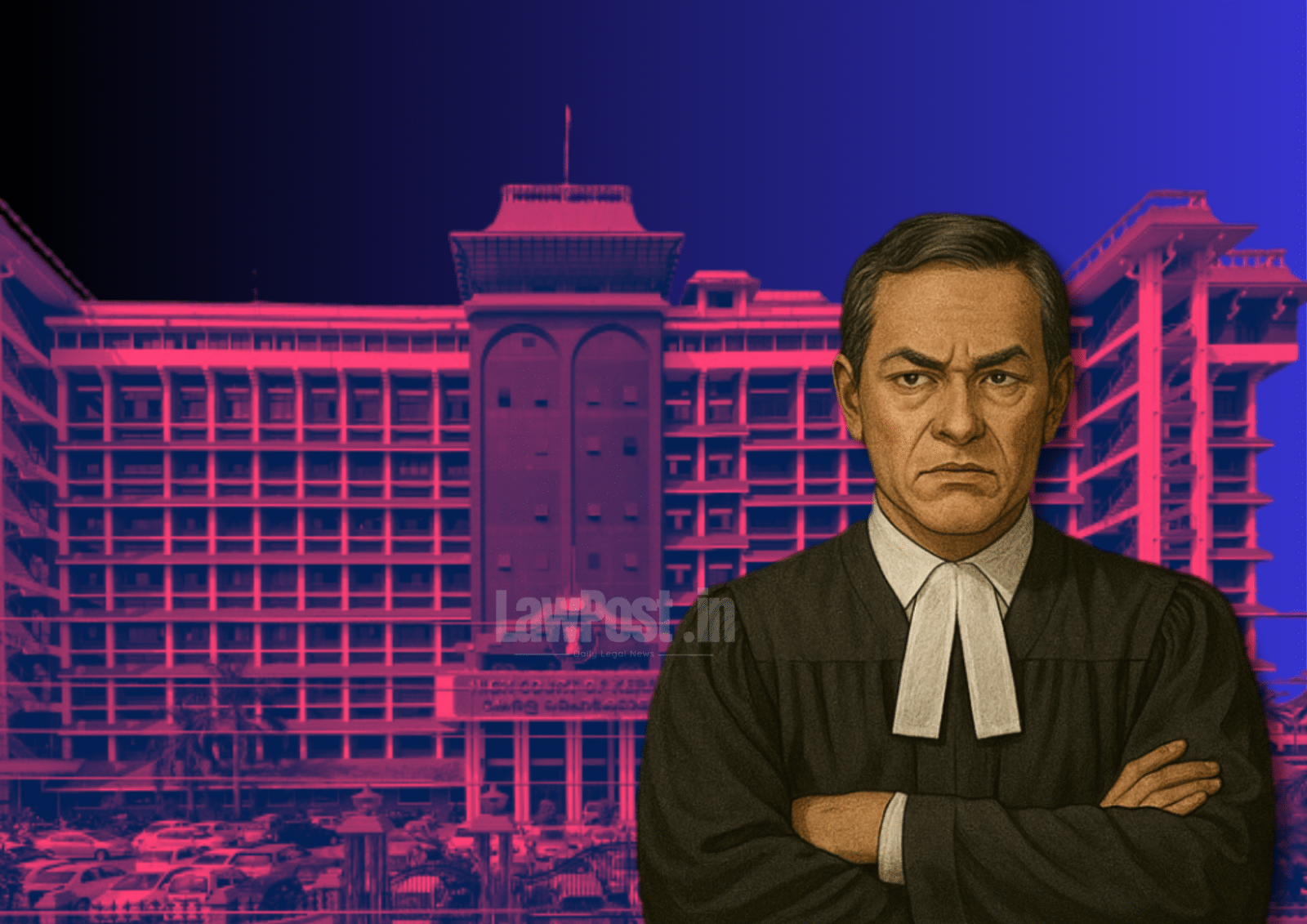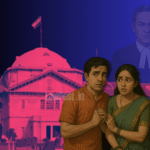In a powerful farewell address that touched on law, technology, and justice, Kerala High Court judge Justice PB Suresh Kumar on Friday made a strong case for introducing legislation to regulate social media commentary on the judiciary. Emphasising that the aim is not to silence fair criticism but to curb “unwarranted attacks,” Justice Kumar warned that unchecked digital discourse threatens the integrity of India’s justice system.
“These social media posts are often made without even a basic understanding of the law or even the facts, and are often rooted on assumptions,” Justice Kumar said. “Unfortunately, such remarks have the effect of undermining public confidence and tarnishing the image of this institution.”
Justice Kumar, known for his tech-forward approach, retires from the Bench on Monday. Delivering his farewell speech at a reference organised in his honour, he expressed concern that the real-time nature of digital commentary combined with its permanence online is eroding trust in the judiciary.
“In an era where public opinion is shaped in real time and internet preserves content without context, such comments erode trust in the judiciary and faith in the rule of law,” he said.
He called for “thoughtful legislative intervention” to strike a balance between “the fundamental right to free speech under Article 19(1)(a)” and “the constitutional mandate to uphold the independence of the judiciary enshrined in Article 50.”
“I suggest it with humility and concern, not to silence genuine criticism but to ensure that critique does not degenerate into unwarranted vilification, that freedom of speech does not become freedom to mislead and that the majesty of the institution remains intact.”
Tech with a Human Touch
Justice Kumar also highlighted the positive role of technology in transforming the justice delivery system.
“The tools now at our disposal hold immense potential to democratise access to justice, making it more inclusive, transparent and efficient,” he noted, praising tools like Google Meet for screensharing, auto-transcription, and the digitisation of trial court records.
However, he warned against over-reliance on AI in judicial decision-making.
“We must work towards an ecosystem where technology enhances efficiency without diminishing the human touch; where artificial intelligence exists but does not supplant human judgment,” he said.
A Legacy Beyond Judgments
Reflecting on his judicial journey, Justice Kumar recalled one case that deeply moved him—of 5-month-old Imran Mohammed suffering from Spinal Muscular Atrophy. Though the infant tragically passed away before receiving the life-saving drug, the funds raised for him were redirected—on Justice Kumar’s orders—to benefit over 50 children with the same rare disease.
“Though Imran left us too soon, his case became a bridge of hope for others. What I have realised from this case is that justice is not merely a verdict, it is a legacy that endures through the lives it touches,” he said.
Chief Justice Nitin Jamdar lauded Justice Kumar’s legal acumen, work ethic, and balanced judgments, while the Advocate General and the Bar Association President praised his lasting camaraderie with the legal fraternity.
Signing off with a heartfelt note, Justice Kumar said, “I look forward to finding new and meaningful ways to continue serving society.”








